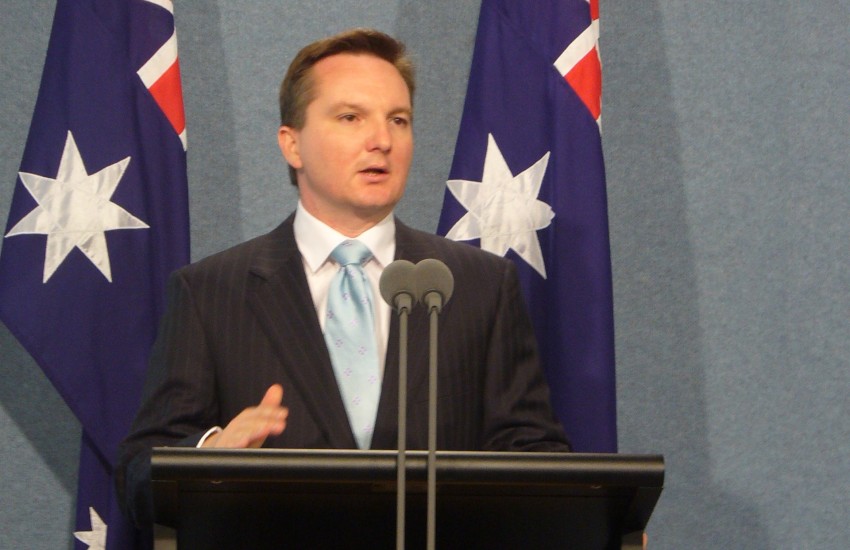The bill proposes measures to deny non-residents the CGT main residence exemption for CGT events that happen on or after 9 May 2017, subject to a 30 June 2019 transitional rule, potentially impacting Australian expats who lose their Australian tax residency status during their time overseas.
You’re out of free articles for this month
There are just under four months left for taxpayers to sell their property to take advantage of the transition rules.
Shadow treasurer Chris Bowen has called on the government to either put in place amendments that will alleviate concerns from the expat community, delay the commencement of the measure, or abandon it completely, noting the two Senate sitting days left before a federal election is called.
“Given the limited amount of time available for the Senate to consider the bill… I believe the issue must be brought to an urgent resolution,” said Mr Bowen.
“I note that I have repeatedly indicated that the Opposition is prepared to work with the government in good faith to resolve the genuine and real concerns of the expatriate community. These offers have not been taken up by the government.
“Instead, the government seems intent on imposing what is effectively a retrospective tax on thousands of Australians who have worked for a period overseas.”
‘Offended by Treasury’s response’
RSM senior manager Tracey Dunn said Treasury’s responses to Senator Tim Storer’s questions during Senate Estimates do not quite add up.
Treasury had said that the rationale for implementing the measure was in line with the approach taken by other countries, preventing the taxpayer’s country of residence right to tax the capital gain and return revenue to Australia under a double taxation relief.
“Having reviewed the approach to the taxation of capital gains for inbound and outbound tax residents for the UK, Canada and the US, not one appears to have the same approach as that proposed in the Treasury Laws Amendment (Reducing Pressure on Housing Affordability Measures No. 2) Bill 2018,” said Ms Dunn.
“Dependent on the double taxation agreement (if there even is one) between Australia and the country of tax residency, there is likely to be a significant difference between tax paid in the country of residence and Australia.
“Whether this is the intention of the government or not, I do not know, but the approach is certainly inconsistent with that of other countries and is likely to result in a very unfair tax impost on many former tax residents.”
Further, Ms Dunn believes the government has yet to consider the impact on taxpayers who obtain an interest in the family home because of a marital or relationship breakdown.
“Under the proposed changes, and on strict reading of the CGT MRE marriage breakdown rollover, the former (and now non-resident spouse) would not have been eligible to ever have treated the property as their main residence for CGT purposes, and as such the Australian resident spouse will face with not only an unexpected and unfair tax impost, they will also face significant challenges, not to mention cost, to determine the tax cost base of the property and the tax payable,” she said.
“With over 46,000 divorces recorded in 2016, the potential impact on Australian residents could be catastrophic.
“There is a real risk that where parties going through a relationship breakdown they will look to sell the former marital home rather than take the risk of inheriting a tax liability that would be impossible to quantify until the home was sold.”
This email address is being protected from spambots. You need JavaScript enabled to view it.

 Login
Login







